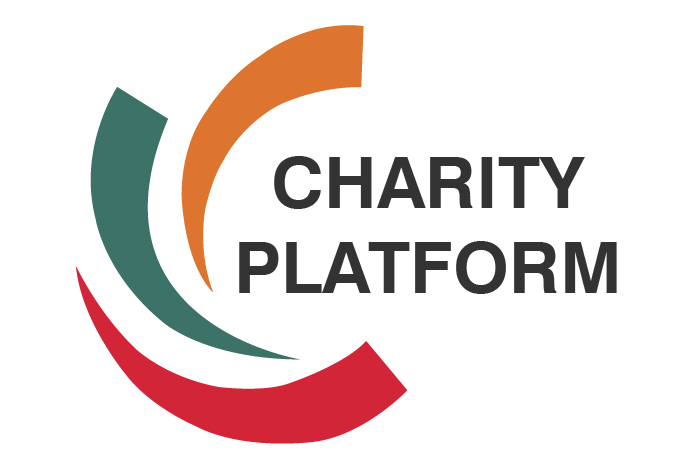OUR PROGRAMS
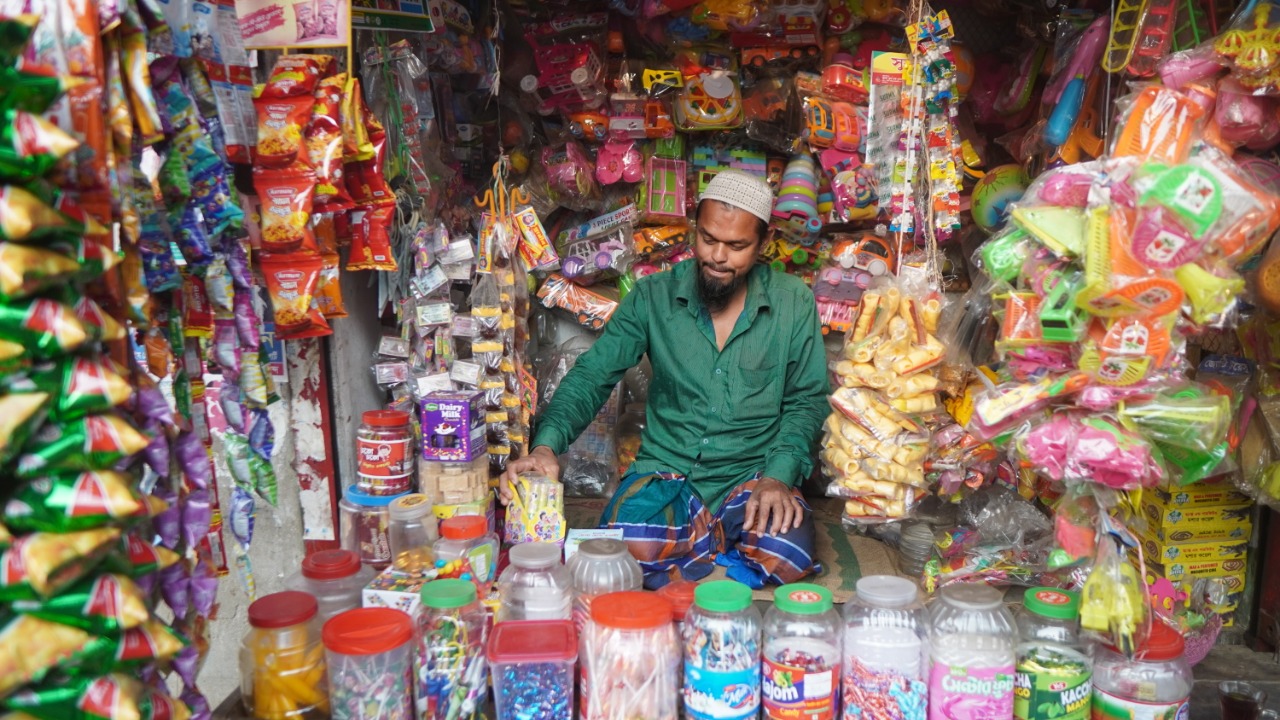
Shabolombee
Livelihood
Due to lack or financial resources and basic work skills, in most cases poor and ultra-poor, marginalized, widow fail to create income opportunities. And lack of sustained income means extreme hardship and deprivation, and womenheaded families become hardest hit in such critical situation.
Our zakat and sadaqah based livelihood interventions provide both financial assistance and employment skills through undertaking different trainings to our participants, particularly the widows. Participants are actively engaged in the design of the interventions to ensure ownership and strengthen enterprising skills and abilities.
Shishumela Bidyaniketon
Education
Dropout from school is still a reality. In most cases, the dropouts are jobless or workless due to lack of both education and skills. Special training schemes are organized for them to help them attain certain skills with higher employment potentials. Street children are usually deprived of the basic education as they cannot be drawn to the schools for varied reasons. The principal reason is that they don’t find any economic incentive for going to schools as they need to manage their meals and lodging (if any) on their own. They prefer to manage whatever odd work they can find for their livelihood to going to schools. However, research evidence proves that if they are provided with financial assistance, they can be retained to education.
We partner with organizations specialized in imparting education and skills to poor, orphan, street children (particularly girls) to ensure their education and skills for livelihood. Moreover, the education program is accompanied with ethical advocacy to make them feel dignified and stay morally high as their social settings are highly challenging and sometimes devoid of social norms and etiquettes.

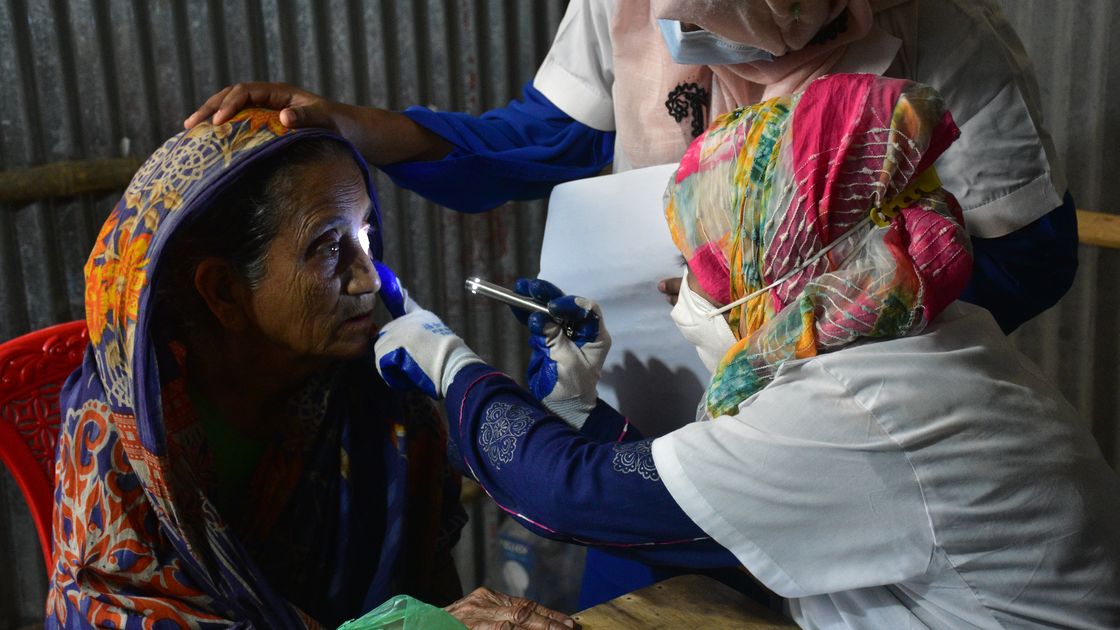
Sushashthyo
Healthcare
The basic health requirement for the poor, ultra-poor, disable (physically challenged, poor eye sight), pregnant poor women are dis-proportionally suffering to get basic health services. Though there has been a significant progress in addressing the challenges of communicable diseases; non-communicable diseases (NCD) are becoming major challenges to the public health.
The toll of this situation on the lives of the poor people is disproportionately high. Moreover, due to governance constraints and lack of availability of services, poor people neither can access government systems and services, nor can afford private facilities.
We support financially particularly the patients of the poor families but also additionally provide assistance to all poor people who fail to manage the cost of treatment while s/he is sick regardless of the nature of the disease, communicable or non-communicable. Thus, our support covers poor people suffering from both communicable, non-communicable diseases and disability.
Gyan-Alo
Financial Assistance for Higher Education
Most often, we see newspaper headlines that due to lack of adequate financial strength certain portion of student either cannot ensure their admission to the universities or cannot continue their higher education.
It is also strongly evidenced that high education can ensure higher economic returns and as such helping meritorious students with poor economic background is one of our key interventions. Such students at different streams of the tertiary education are eligible to receive financial support under this scheme.
Supporting students pursuing higher education is the special focus of the Trust. Additionally, it supports the drop-outs to continue their education; it creates enabling environment for the street children who don’t go to the schools to learn certain level of basic education and livelihood skills.
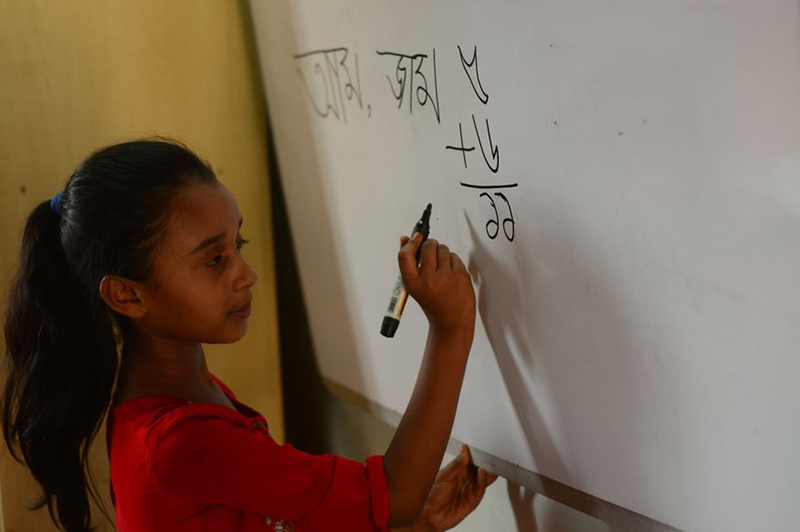
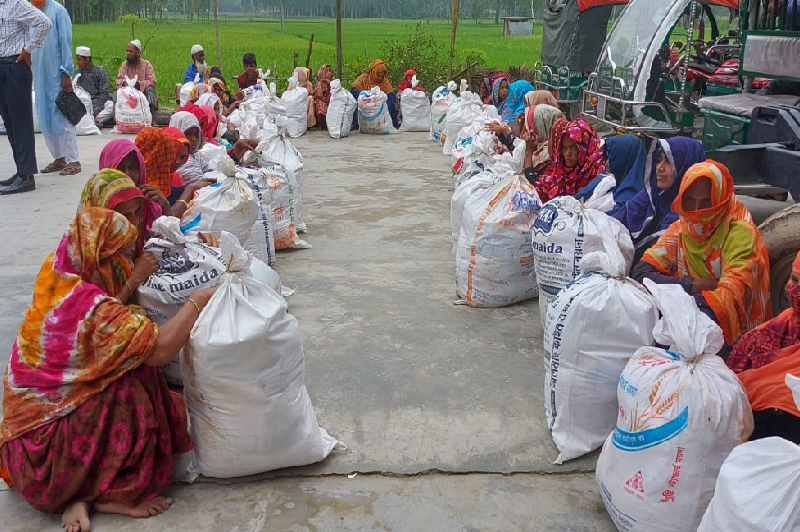
Emergency Support
Due to many reasons, there may be an emergency situation in the society and in such emergency situation the poor become the easy victims. Particularly, due to natural reasons, such as flood, cyclone, severe cold etc. every year, many poor people experience extreme difficulties in their lives.
We respond to every emergency situation to support the vulnerable people to help them build back their living facilities and livelihood opportunities. Women, children, disable and the elderly poor people get priority in such responses.
Research and Policy Advocacy
Poor people suffer because they cannot inform the policy community with adequate and proper evidence. Thus, strong policy advocacy can trigger effective engagement of the poor people with the policy makers and influencers.
We undertake several research agendas to generate evidences for influencing the policy regime to be pro-poor. Professional researchers and public intellectuals are engaged in the research and advocacy activities.
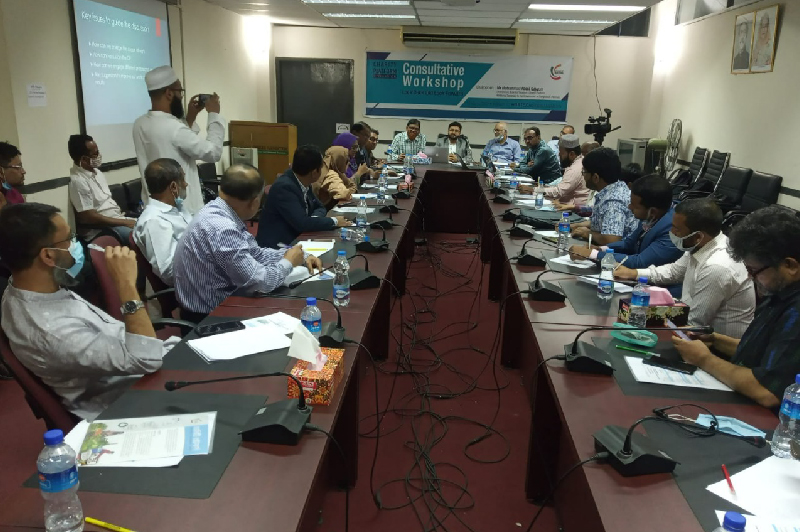
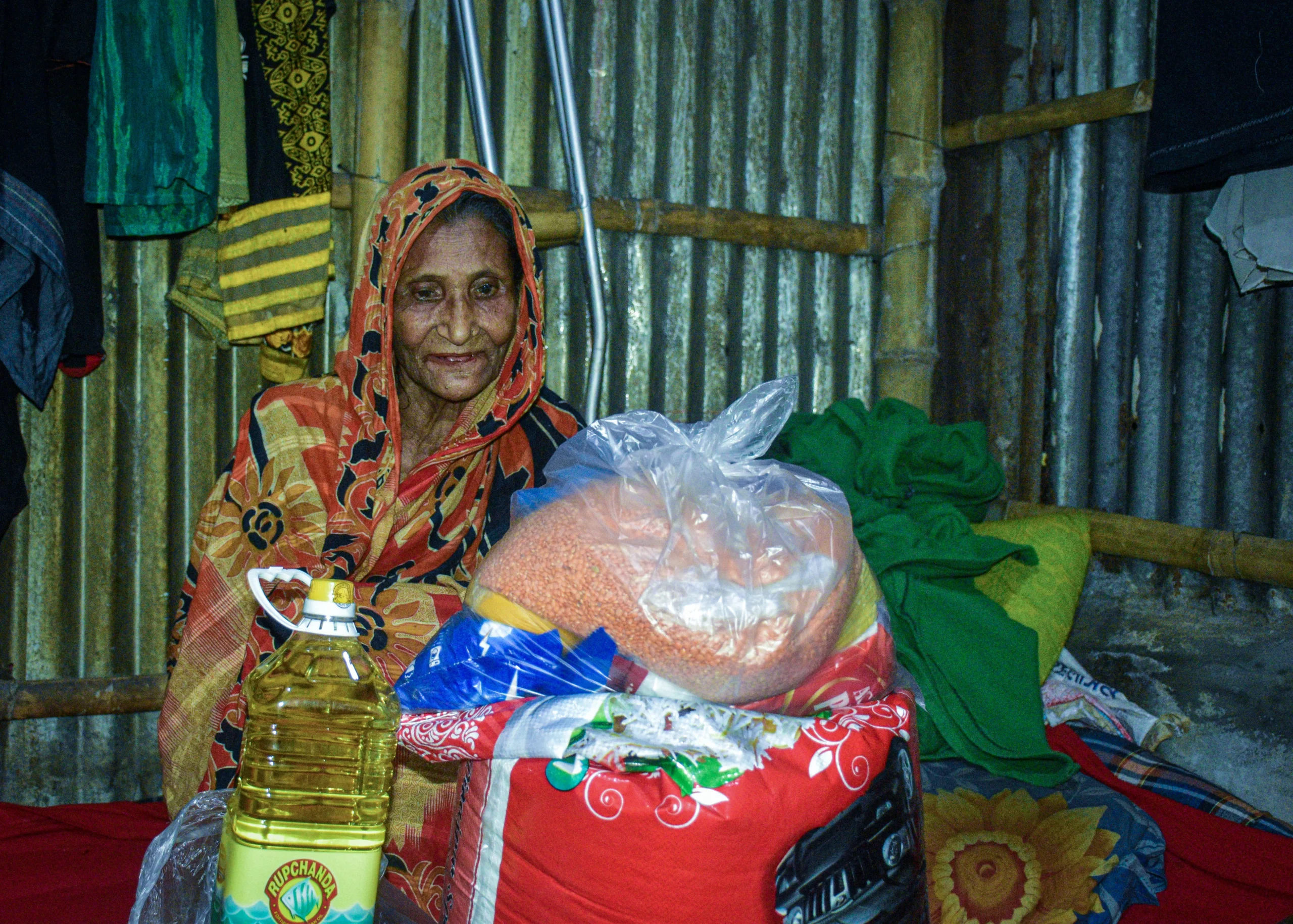
Manush Manusher Jonno
Food Support Initiative
Due to many reasons, there may be an emergency situation in the society and in such emergency situation the poor become the easy victims. Particularly, due to natural reasons, such as flood, cyclone, severe cold etc. every year, many poor people experience extreme difficulties in their lives.
We respond to every emergency situation to support the vulnerable people to help them build back their living facilities and livelihood opportunities. Women, children, disable and the elderly poor people get priority in such responses.
